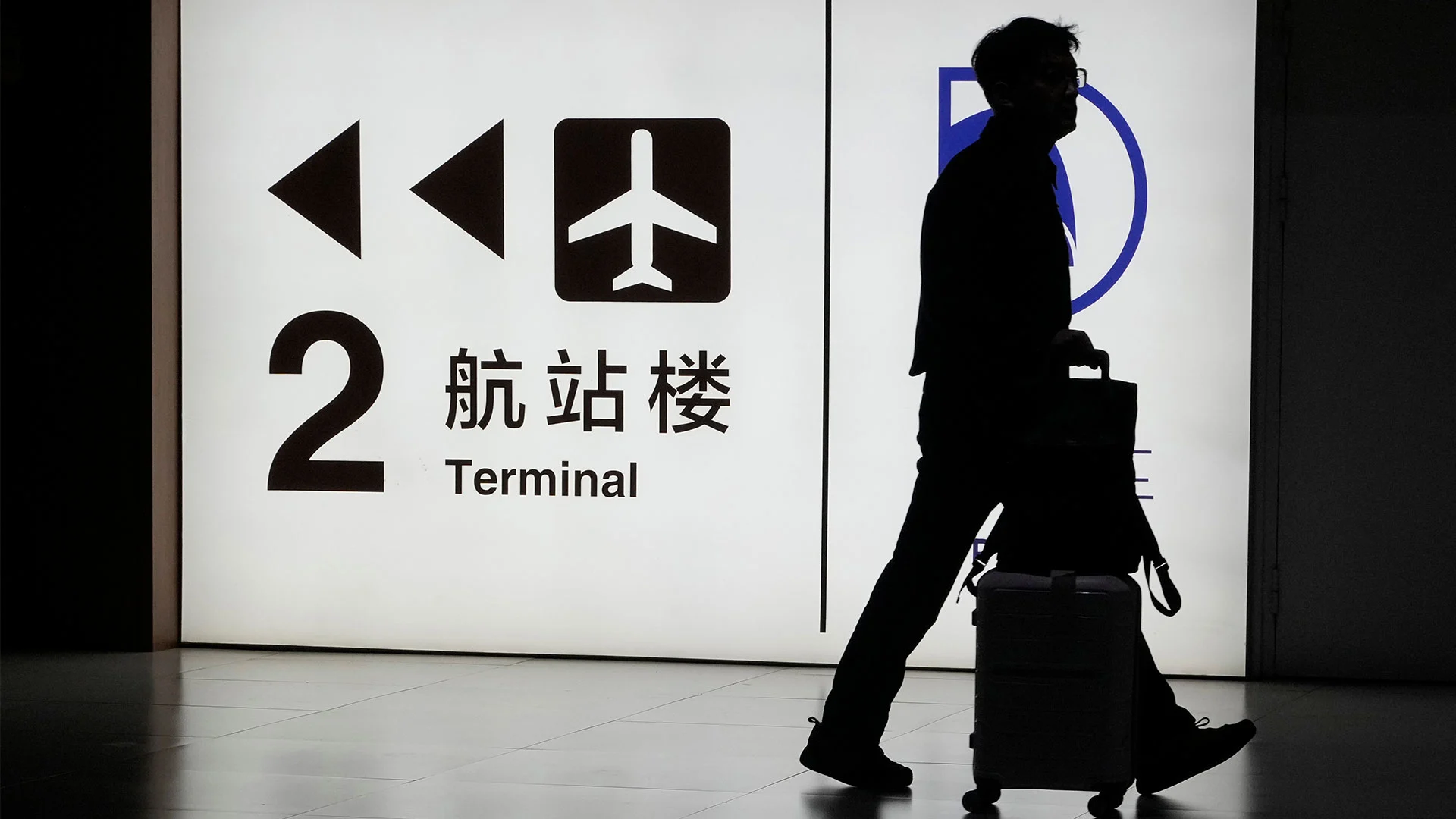
"(The) K-visa for China (is) an equivalent to the H-1B for the U.S,"
"It is a good option for people like me to work abroad."
"Students studying in the U.S. hoped for an (H-1B) visa, but currently this is an issue,"
"Beijing perceives the tightening of immigration policies in the U.S. as an opportunity to position itself globally as welcoming foreign talent"
Beijing rolled out the K-visa last month to attract foreign science and technology workers by loosening requirements, including removing the need for a job offer before applying. The K-visa supplements existing schemes such as the R-visa and aims to draw professionals amid global competition for advanced-technology talent. Uncertainties and stricter U.S. immigration policies under President Donald Trump, including sharply higher H-1B fees for new applicants, are prompting some international students and professionals to consider China. The ruling Communist Party prioritizes leadership in AI, semiconductors and robotics and is subsidizing research and development while positioning China as welcoming foreign talent.
Read at Fast Company
Unable to calculate read time
Collection
[
|
...
]